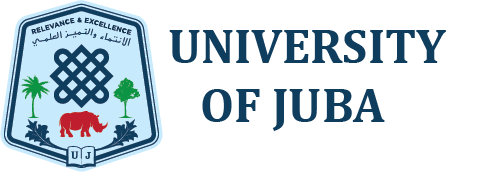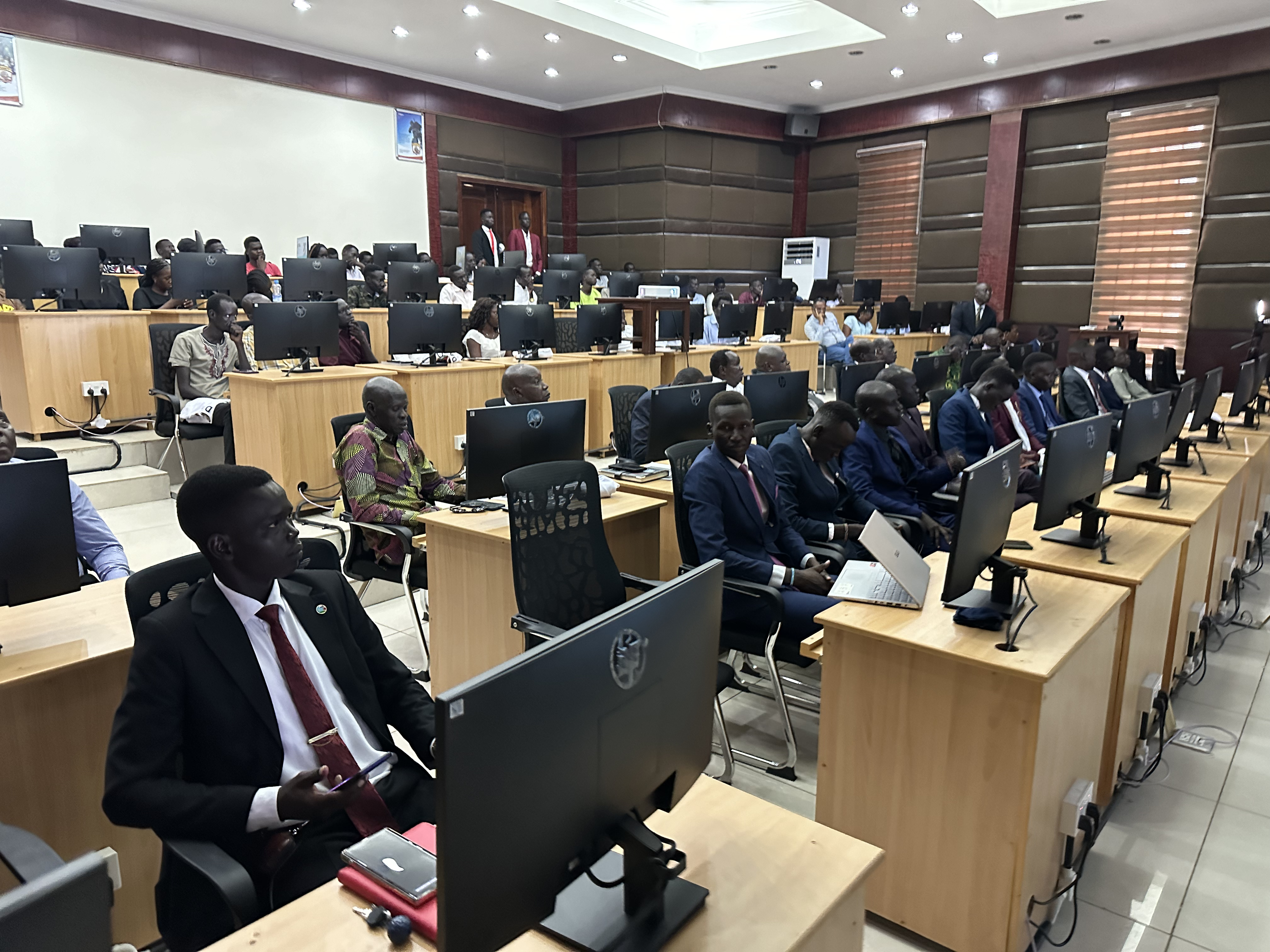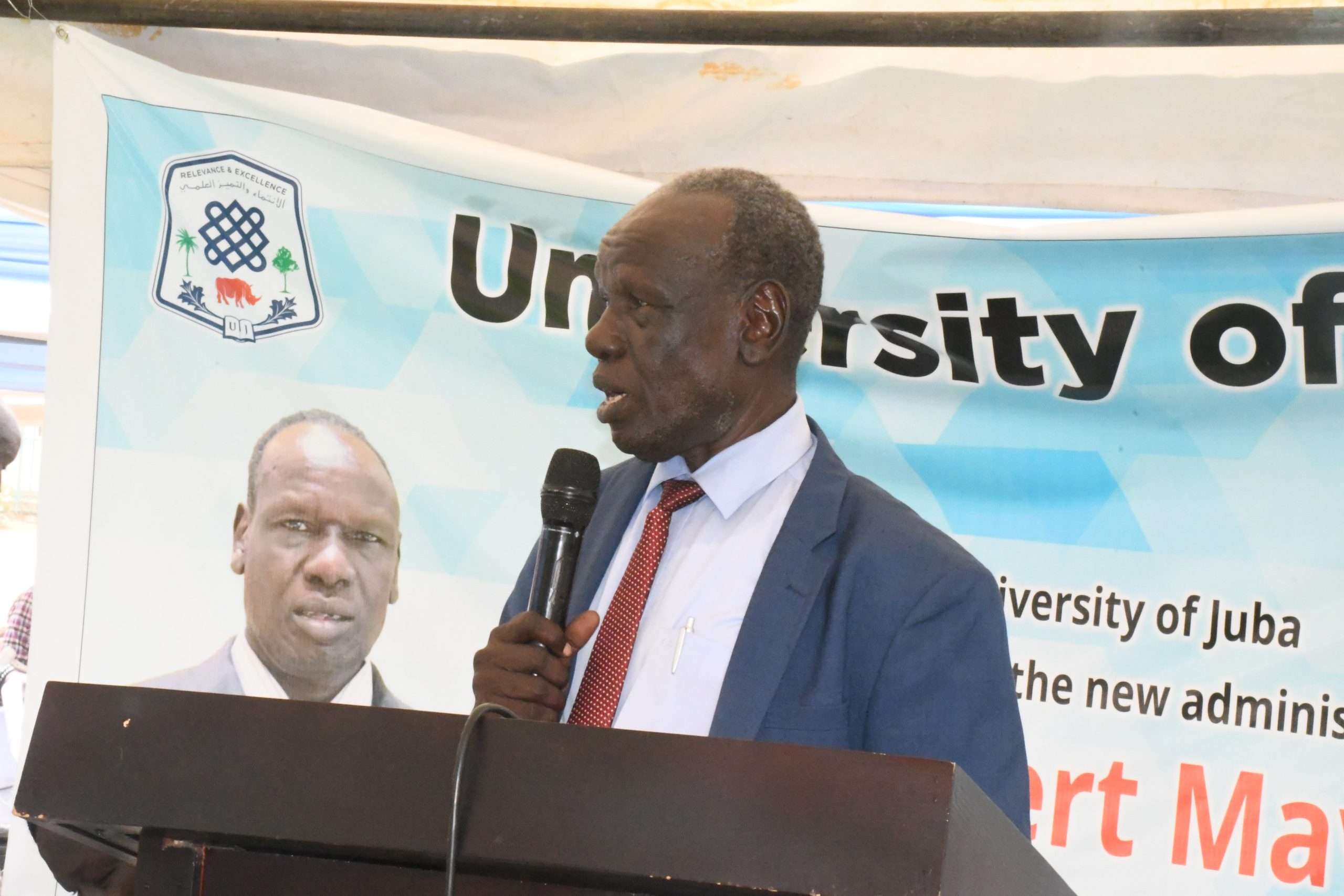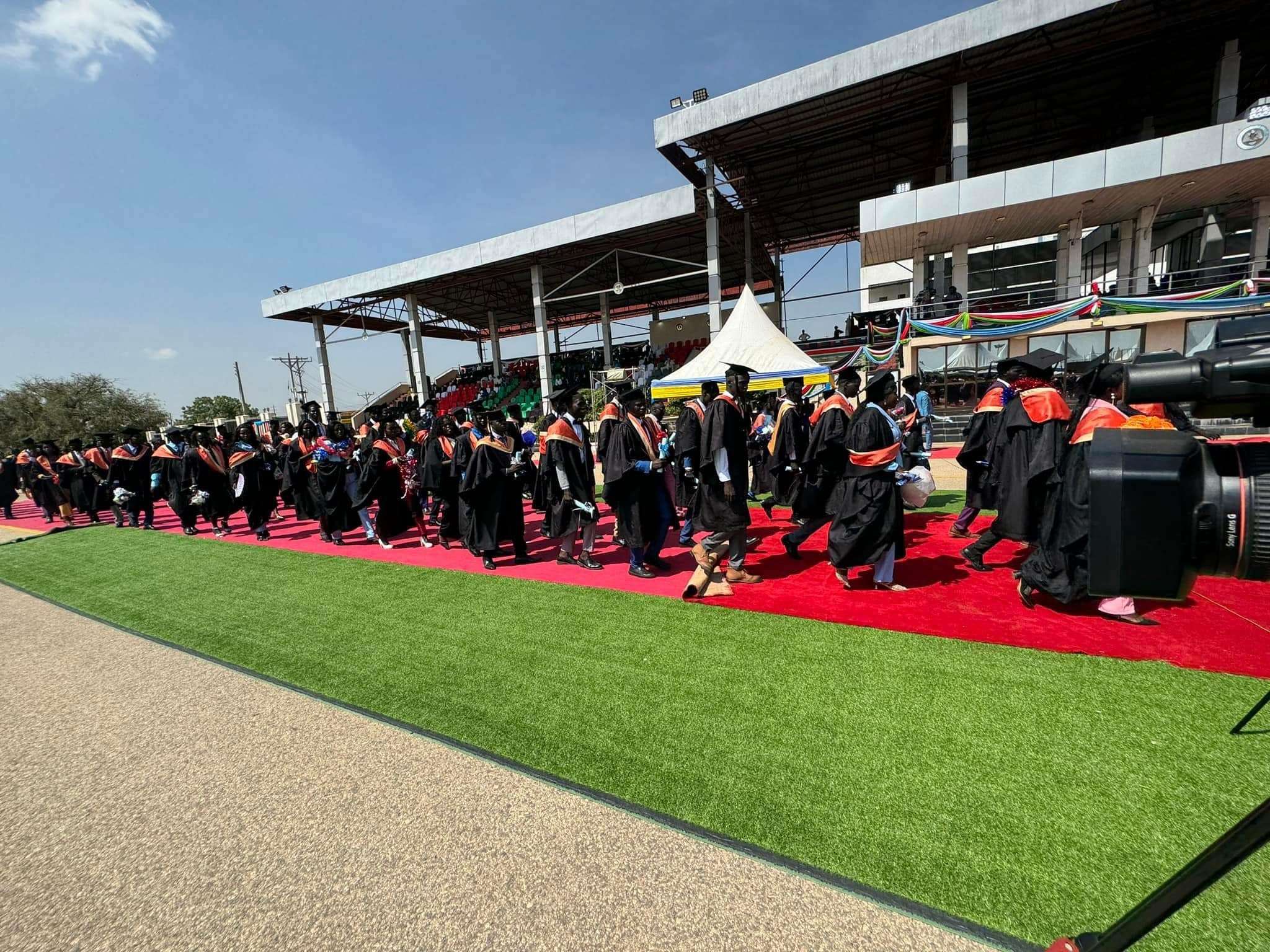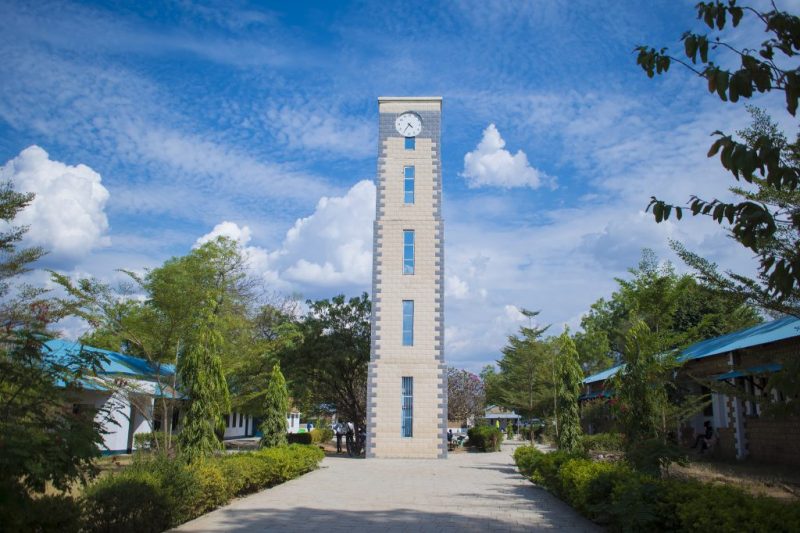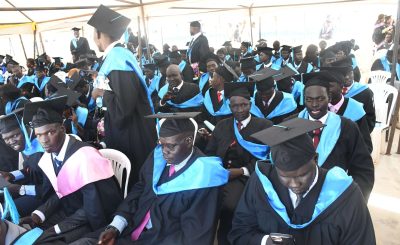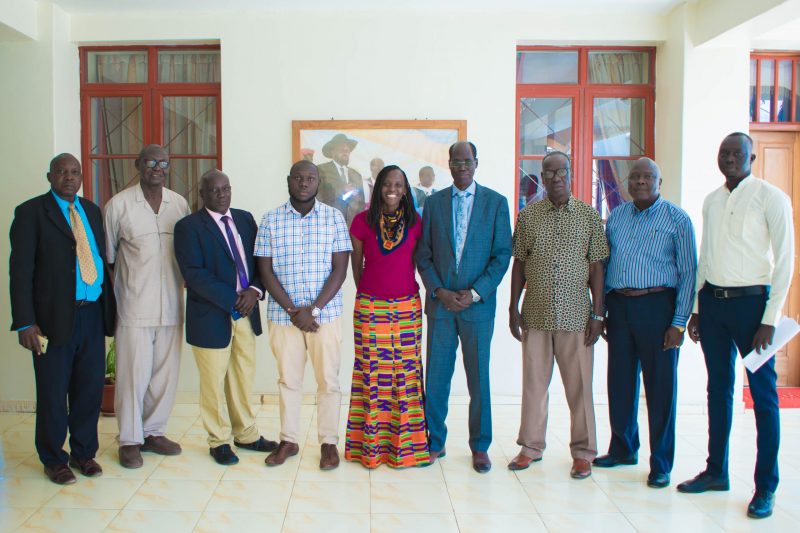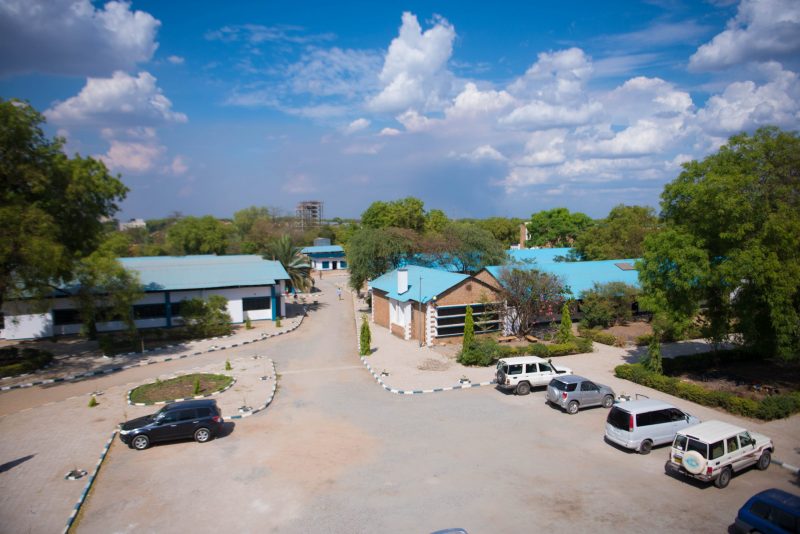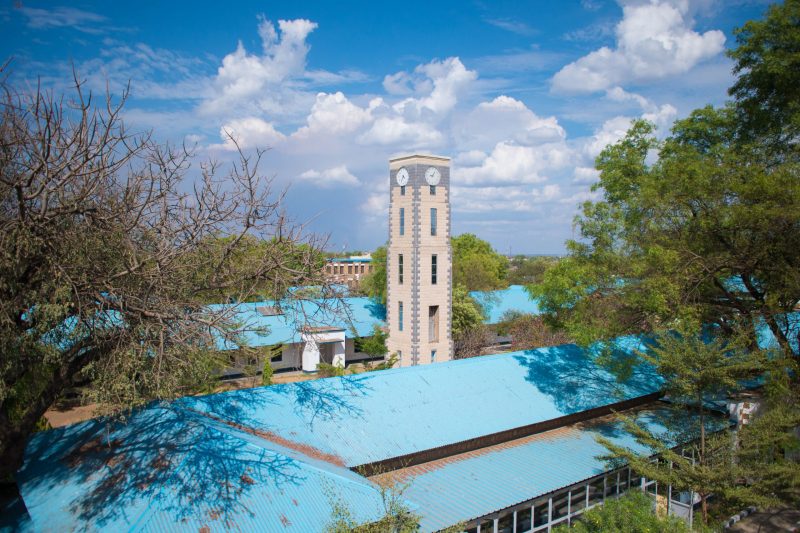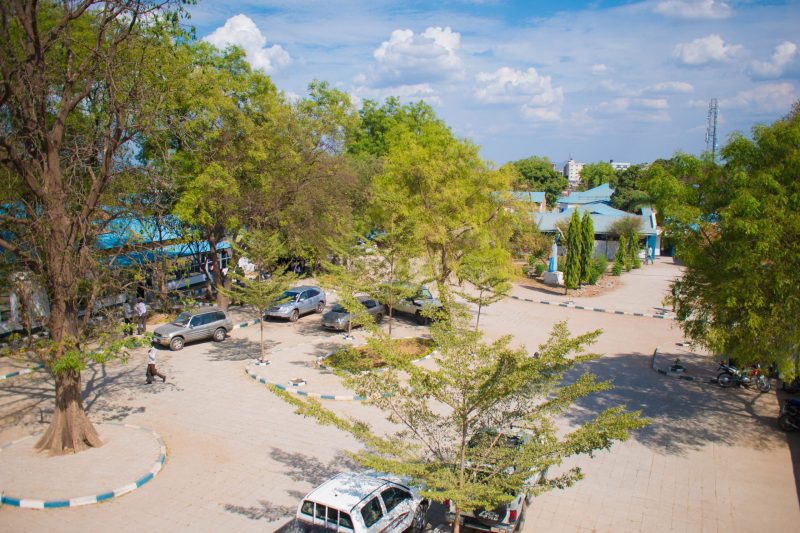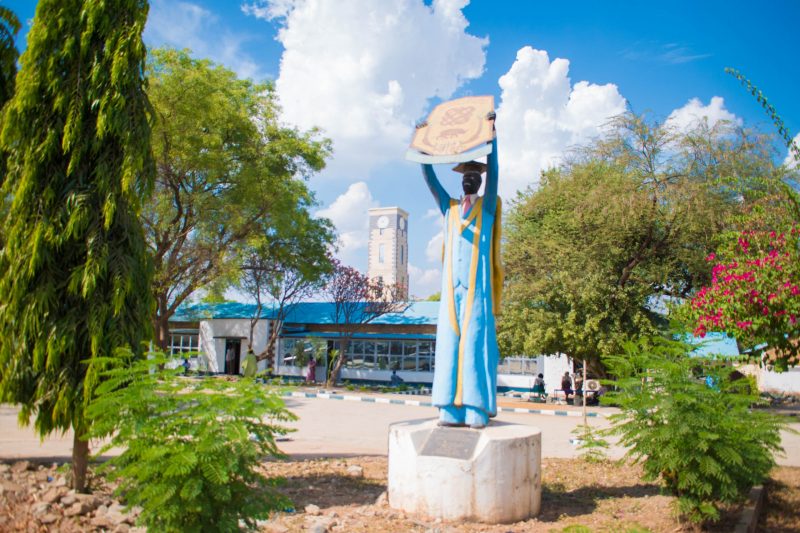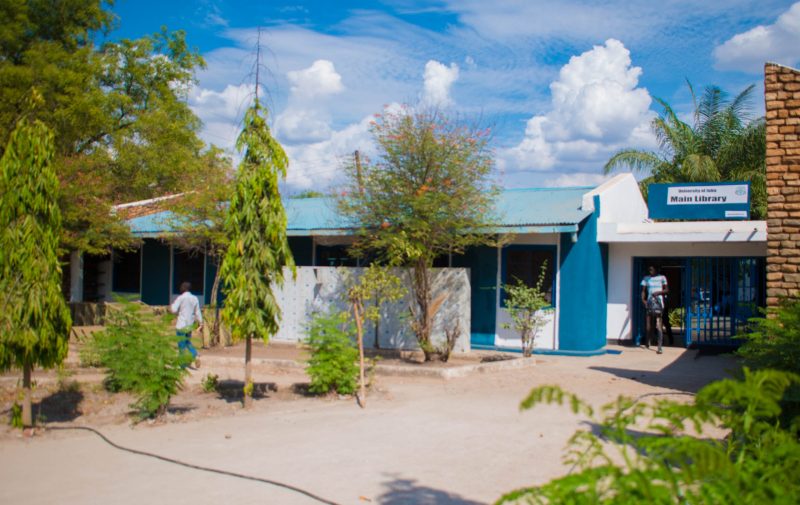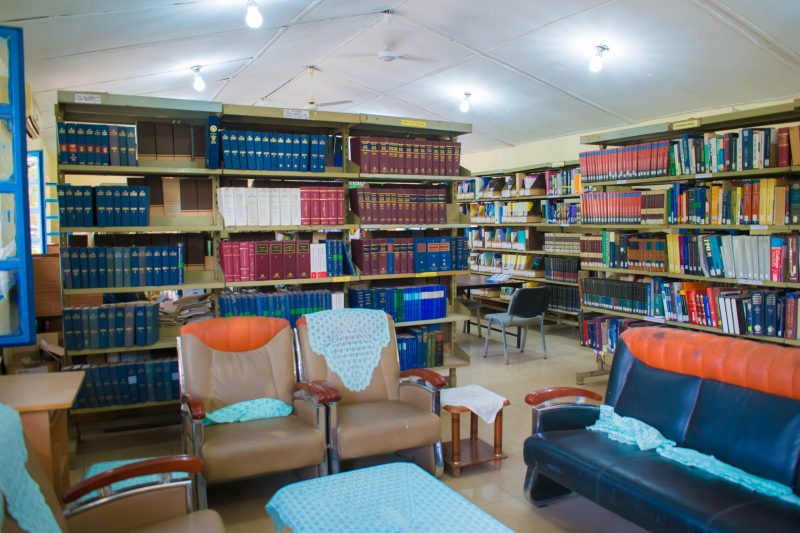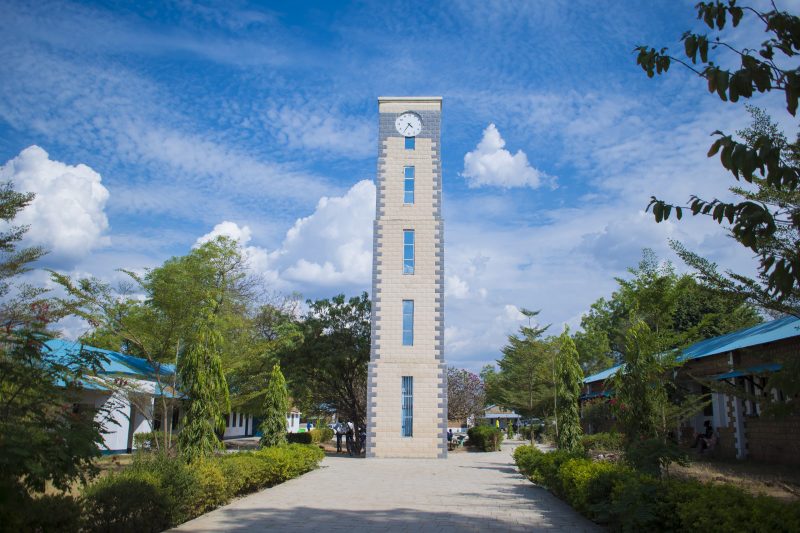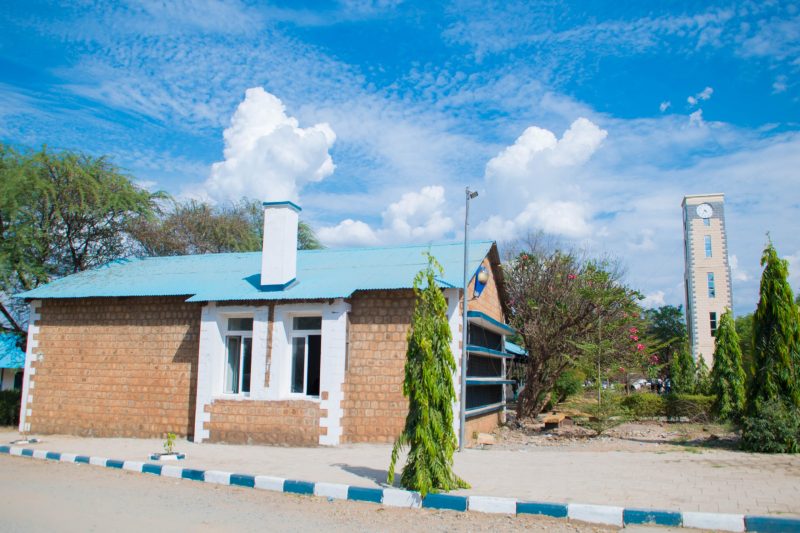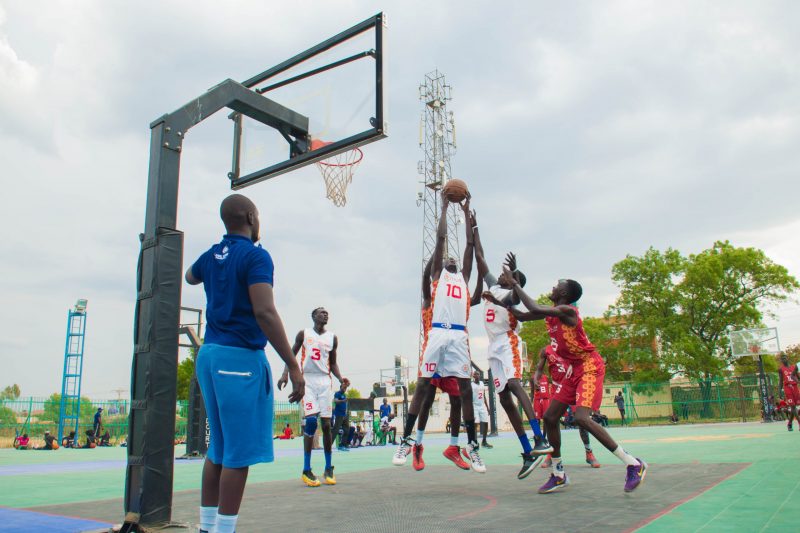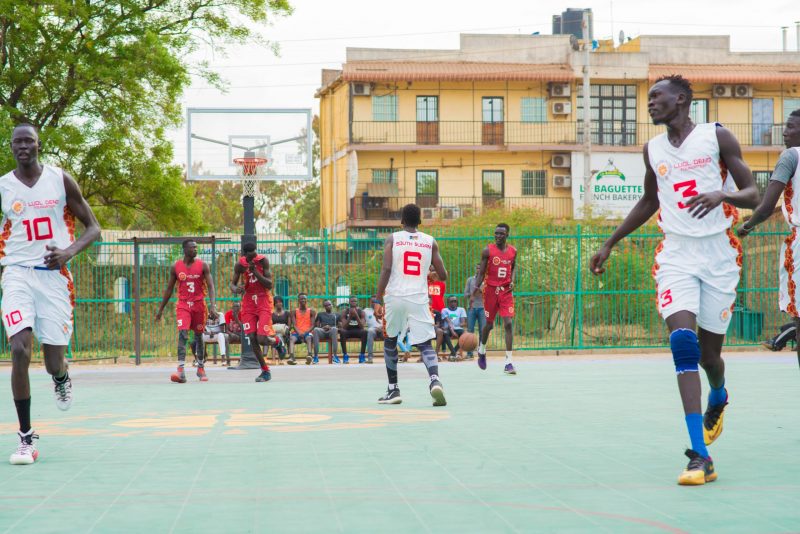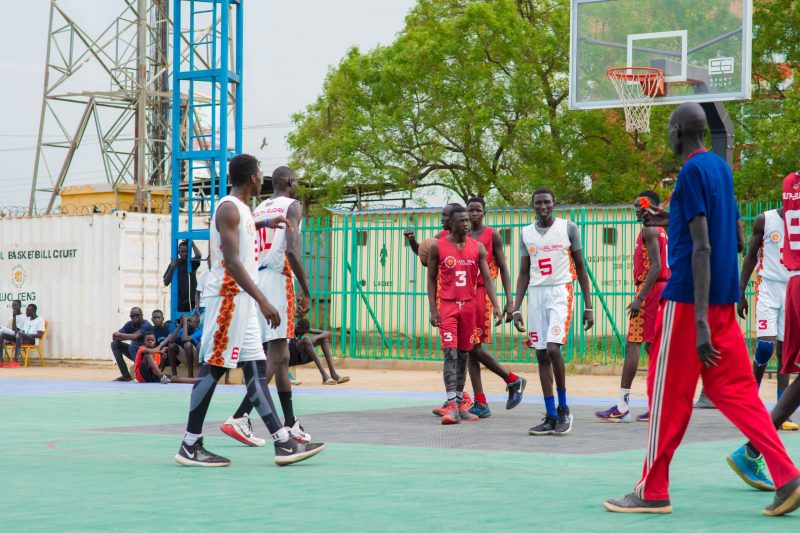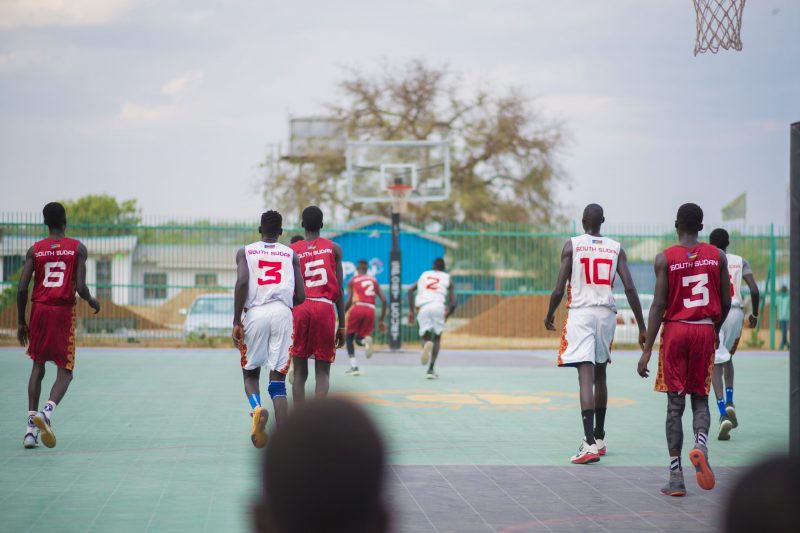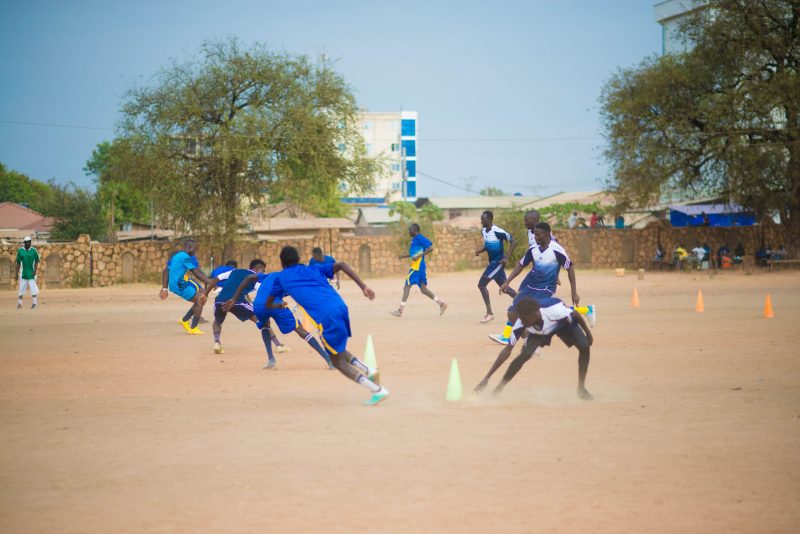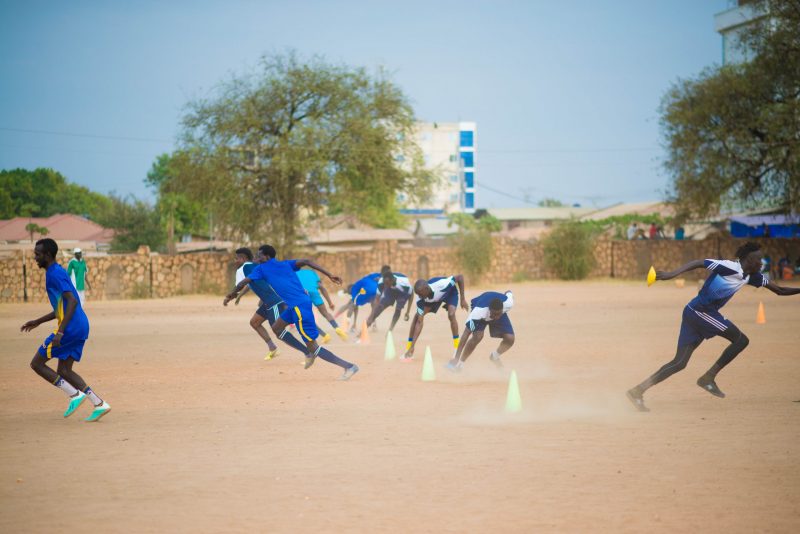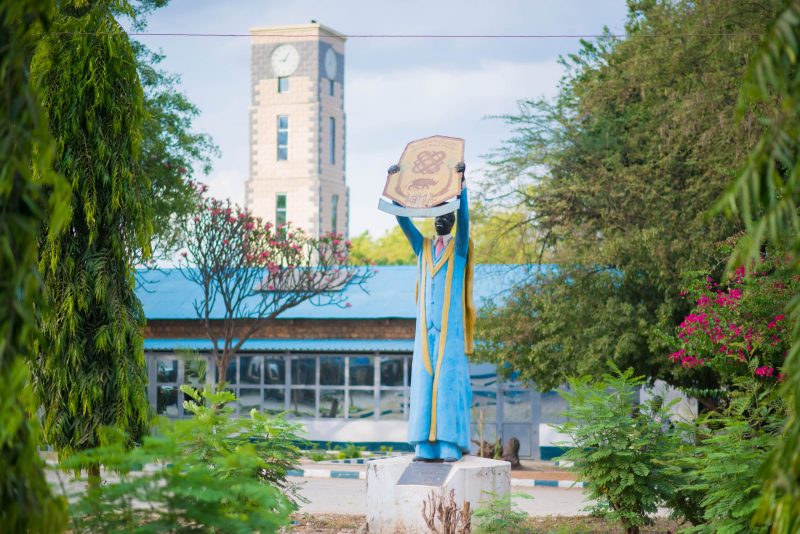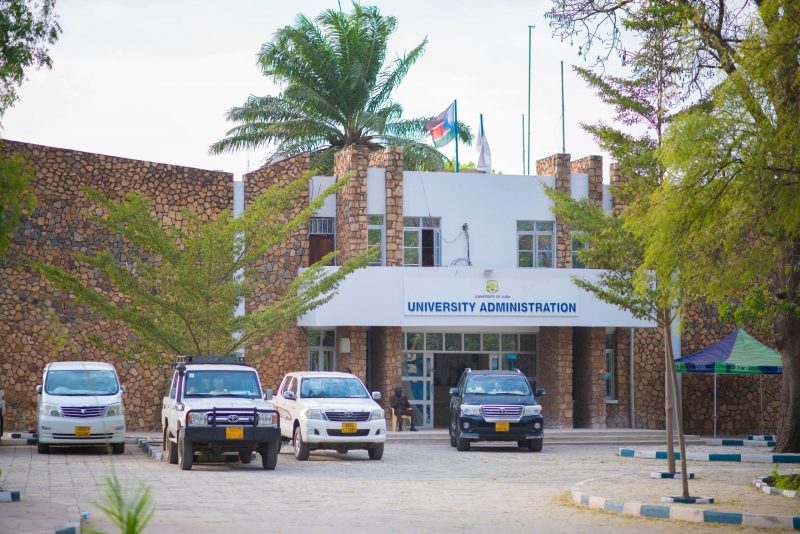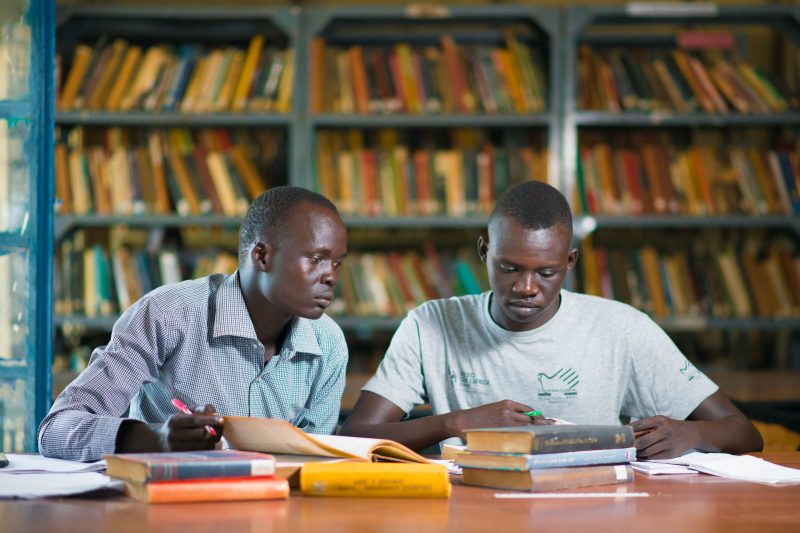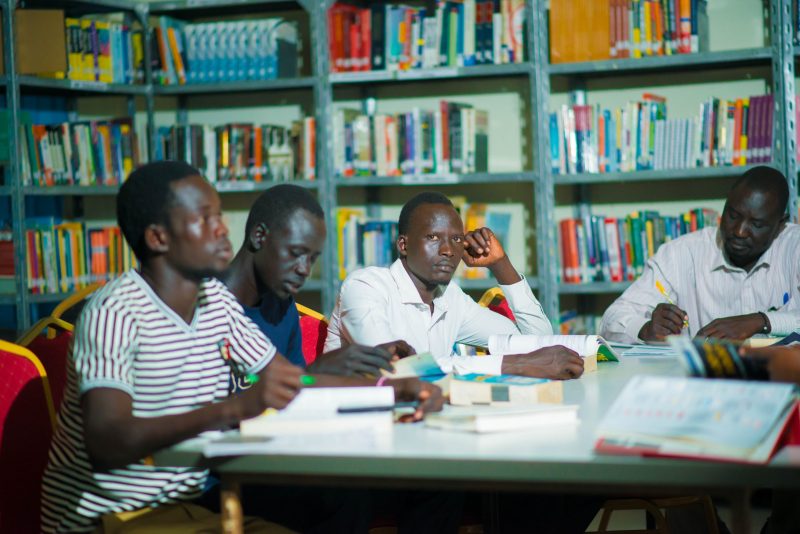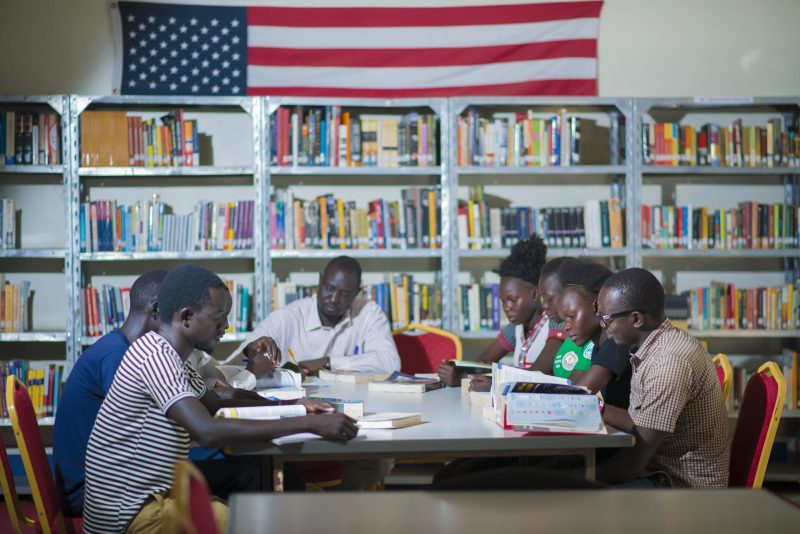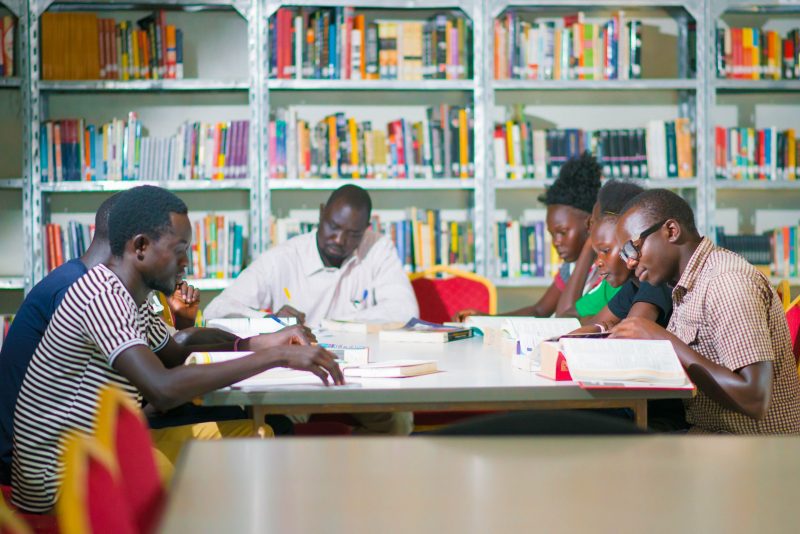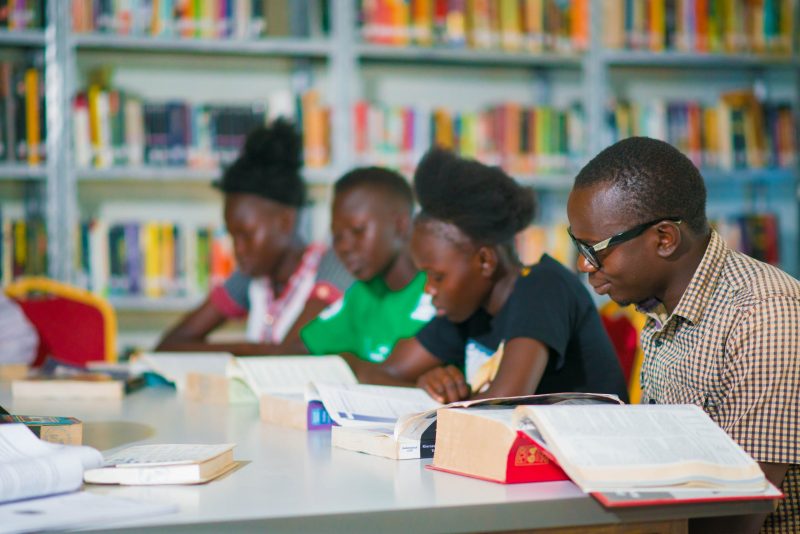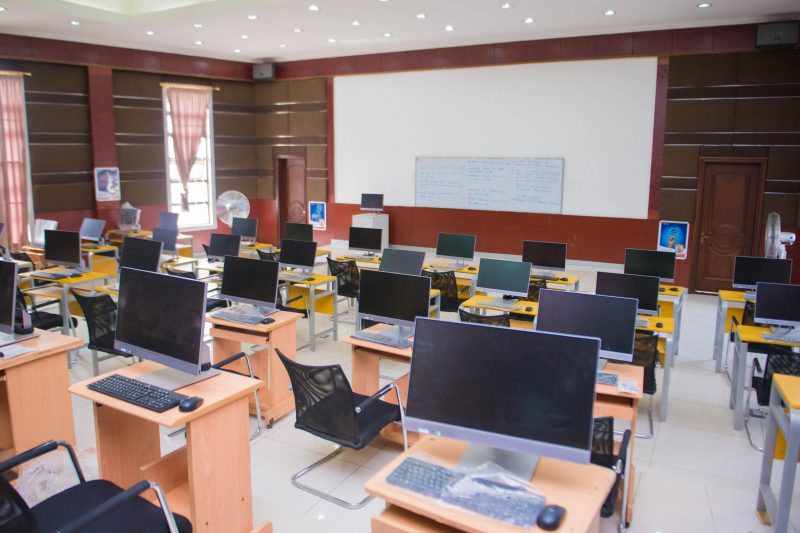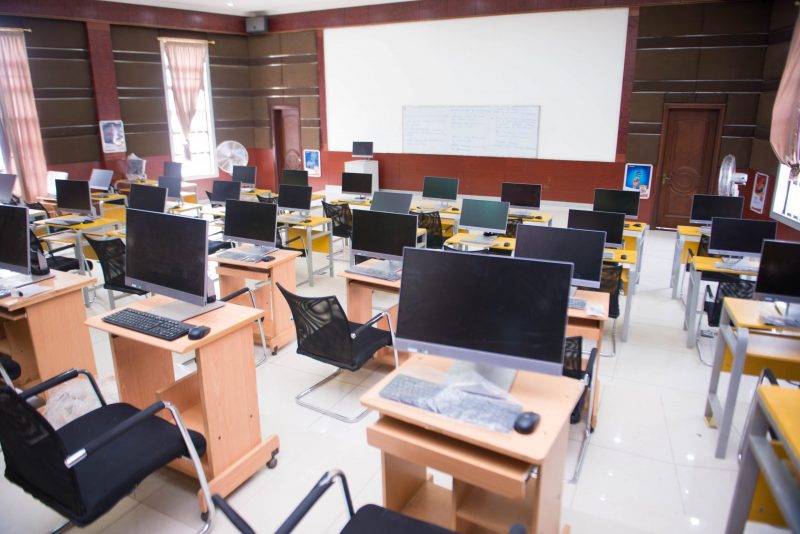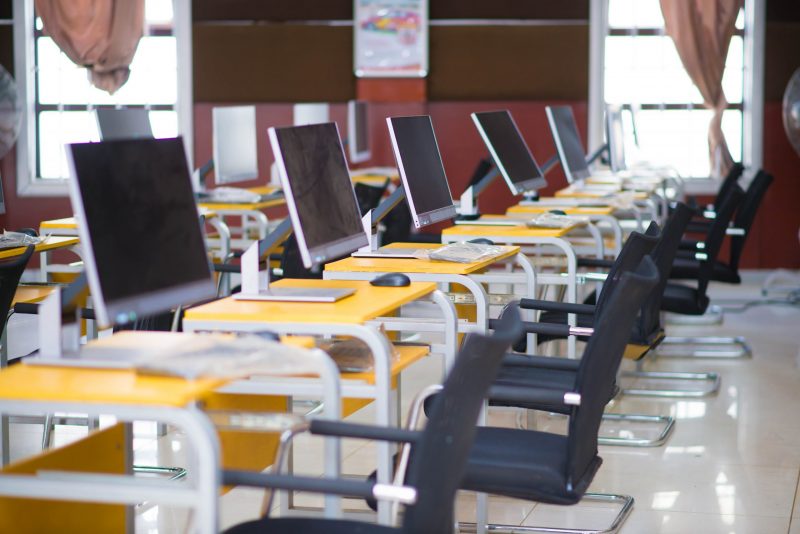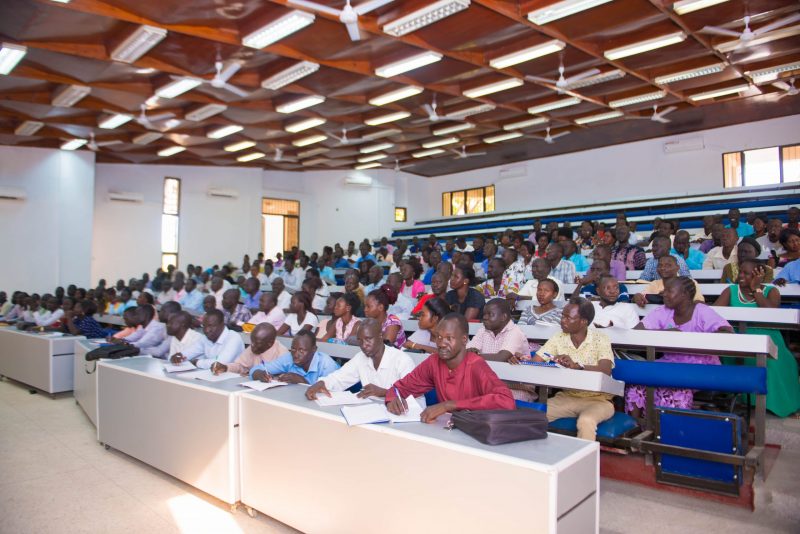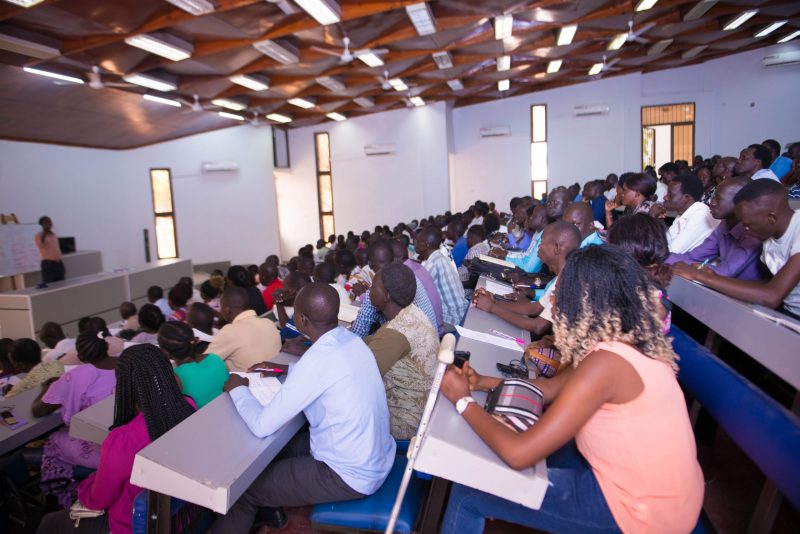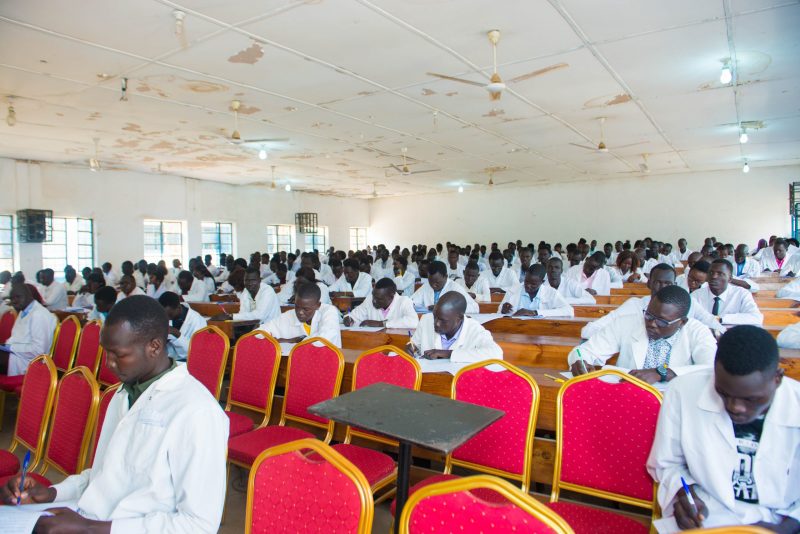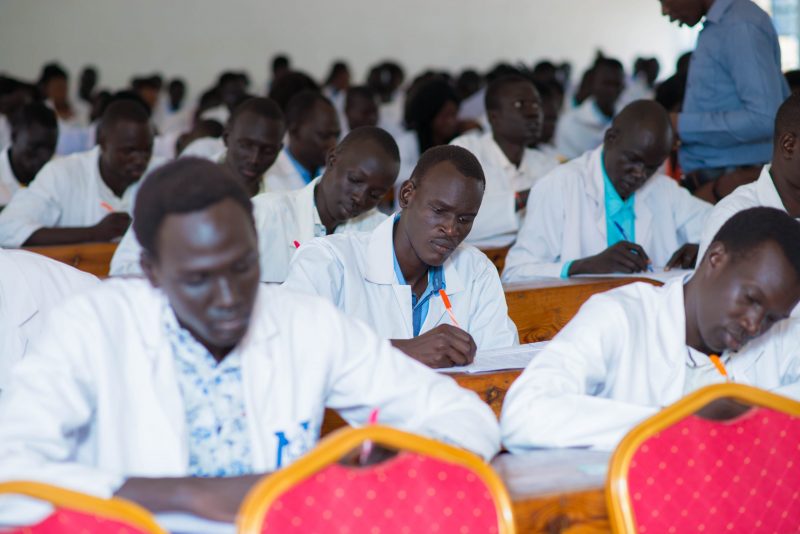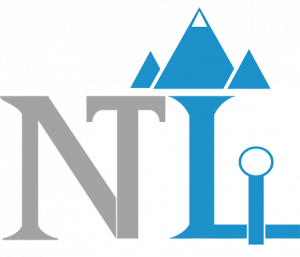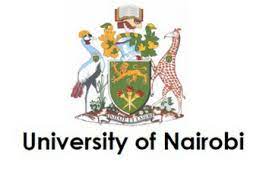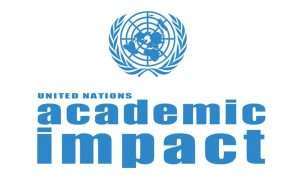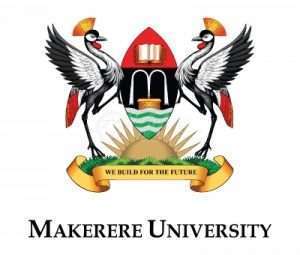Prof. Robert M.K. Deng (PhD) CChem MRSC MRACI in brief. Is a Chartered Chemist from the UK with a stellar track record of a long academic career. In the lead-up to his current appointment as the Vice-Chancellor, of the University of Juba; he has served as a DVC, Dean of Students, Dean of College, and a Lecturer. Over the years, he has taught at Kenyatta University, University of Nairobi, University of Botswana, Flinders University, Durham University as a Visiting Research Fellow, Chemistry Department, Dr. John Garang Memorial University of Science & Technology. And of course, the famous University of Juba. Additionally, he has been MSc.Thesis External Examiner at the University of Namibia Windhoek, University of Khartoum, and Makerere University, all in the Department of Chemistry. In sum, his long and detailed academic and administrative credentials will follow in the next few days.
Read More
Professional Summary:
Deputy Vice Chancellor for Academic Affairs;
University of Juba; March 8th 2024 – Present
Educational Background
MD in General Surgery, Sudan Medical Specialization Board (SMSB) 2002
MBBS, College of Medicine University of Juba, January 1994
Read More
Professor Justo Wani Jada Lado
Deputy Vice Chancellor Administration and Finance, University of Juba
- Professor Justo Wani Jada Lado Obtained Bachelor Science in Accounting from The College of Social and Economic Studies in 1987 from University of Juba
- Attended Masters Qualifying in Accounting and Finance University of Khartoum in 1992
- Obtained Masters of Science in Accounting and Finance from University of Khartoum in 1996
- Obtained PhD in Accounting and Finance from University of Juba 2010.
- Trainings:
- Attended a number of trainings in different areas including: Training of Trainers (TOT),
- INSTITUTION KCA University, Nairobi, Kenya, INSTITUTION KCA University,
- Nairobi, Kenya, TYPE OF CERTIFICATE: Certificate of attendance
- Other Experiences
- Member Board of Trustee, Catholic University of South Sudan.
- Member National Council of Higher Education
- Member Curriculum Committees for Accreditation of Private and Public
- Universities
- Consultant of Finance, Sudan Relief and Rehabilitation Programme for the
- displaced,
- Sudan Council of Churches Evaluation Team, 2000 and 2004
WORK EXPERIENCE:
2024 Deputy Vice Chancellor Administration and Finance, University of Juba
2016 – 2017 Member Central Equatoria State Election Committee
2019 – 2024 Director General, Training and External Relations, Ministry of Higher Education,
Science and Technology
2018 – 2019 Director General, National Council for Higher Education Science and Technology,
Ministry of Higher Education, Science and Technology
2008 – 2014 Director, School of Management Sciences, University of Juba
1997 – 2000 Head, Department of Accounting, College of Social and Economic Studies
1992-1994 Ministry of Finance – Juba
Deputy Director for Budget and Revenue
1990-1992 Senior Inspector of Budget and Revenue Ministry of Finance – Juba
1988-1990 Assistant Inspector of Accounts Ministry of Finance – Juba
